Snowploughing: Experts warn parents against parenting habit that could cause big problems in adulthood
Clearing obstacles out of your child’s path could do them more harm than good. Here is everything you need to know about snowplough parenting
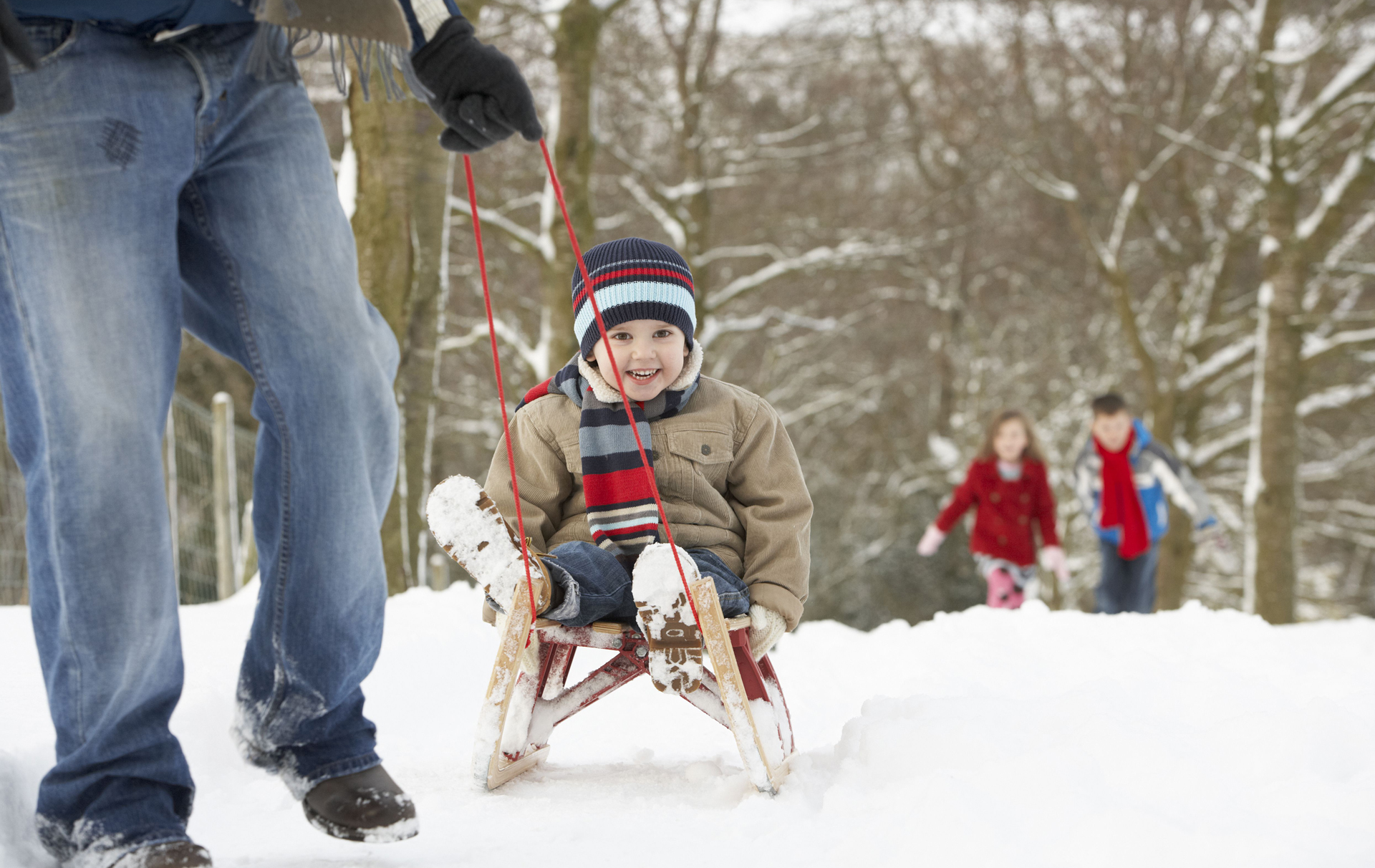
Clearing obstacles out of your child’s path could do them more harm than good, psychologists are warning. Here's everything you need to know about snowplough parenting.
Snowploughing or snowplough parenting is the latest parenting craze. You’ve probably heard of helicopter parenting – when mums and dads are so anxious about their children’s wellbeing that they ‘hover’ anxiously by their sides.
But the growing trend for 'snowplough parenting' is taking things one step further.
Snowplough parents mean well - they're just trying to smooth their child’s path by clearing obstacles out of the way for them. This can mean anything from tidying up after them to making doctors’ appointments, booking them into after-school tutoring sessions and calling up teachers and even employers when they have a problem at school or work.
‘There’s a constant monitoring of where their kid is and what they are doing, all with the intent of preventing something happening and becoming a barrier to the child’s success,’ sociologist Laura Hamilton told The New York Times.
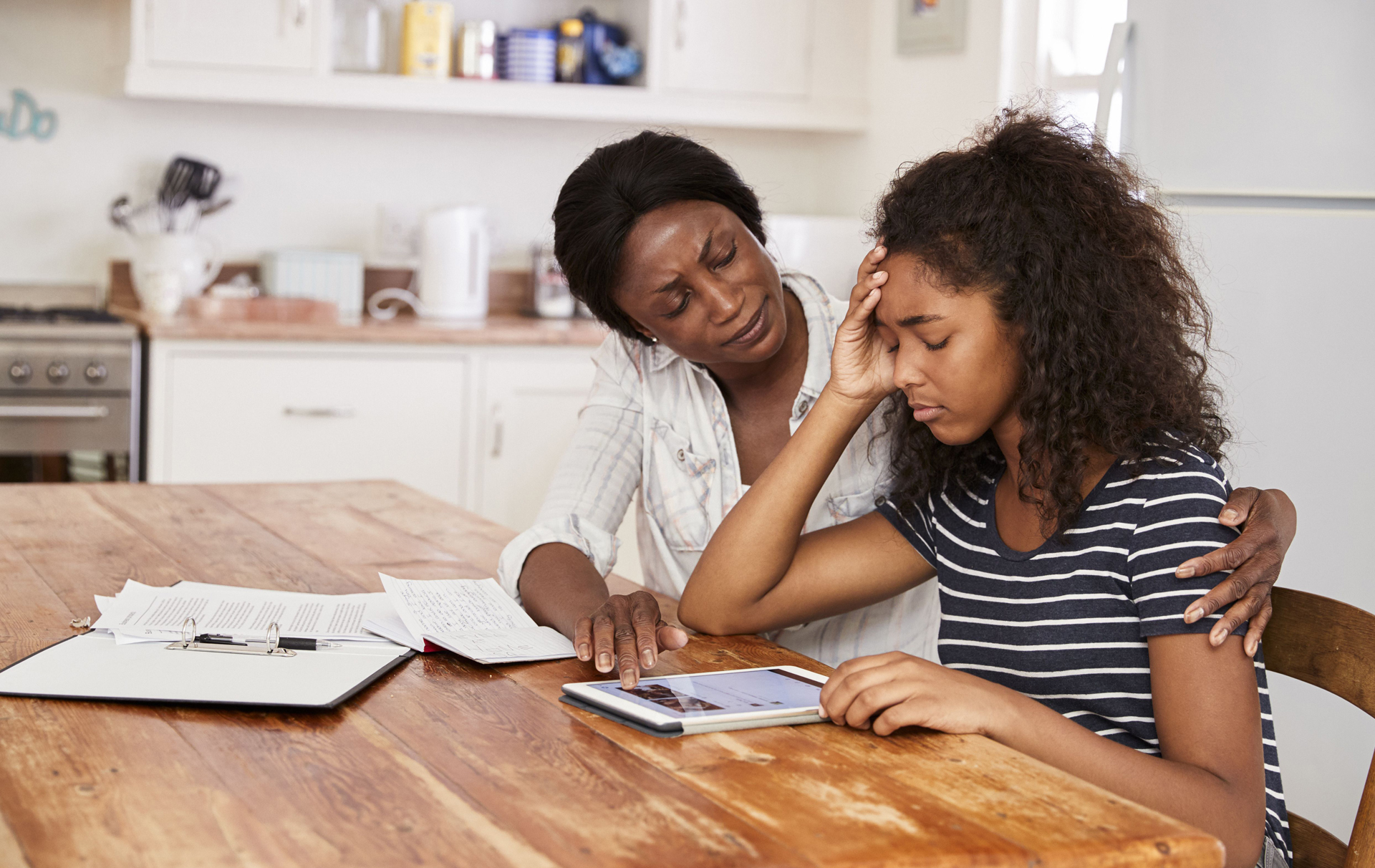
But psychologist Dr. Madeline Levine says that snowplough parenting can cause big problems later on.
The recent college admissions scandal in the US, which has seen high profile parents like ex-Desperate Housewives star Felicity Huffman accused of making pay-offs to inflate their children’s test scores and get them into college, has been called the ‘ultimate’ act of snowplough parenting.
GoodtoKnow Newsletter
Parenting advice, hot topics, best buys and family finance tips delivered straight to your inbox.
But even when snowplough parenting is less extreme, it can have serious side-effects. While snowplough parents are trying to spare their children from failure and anxiety, psychologists say that this kind of parenting can actually make children more anxious and less likely to succeed.
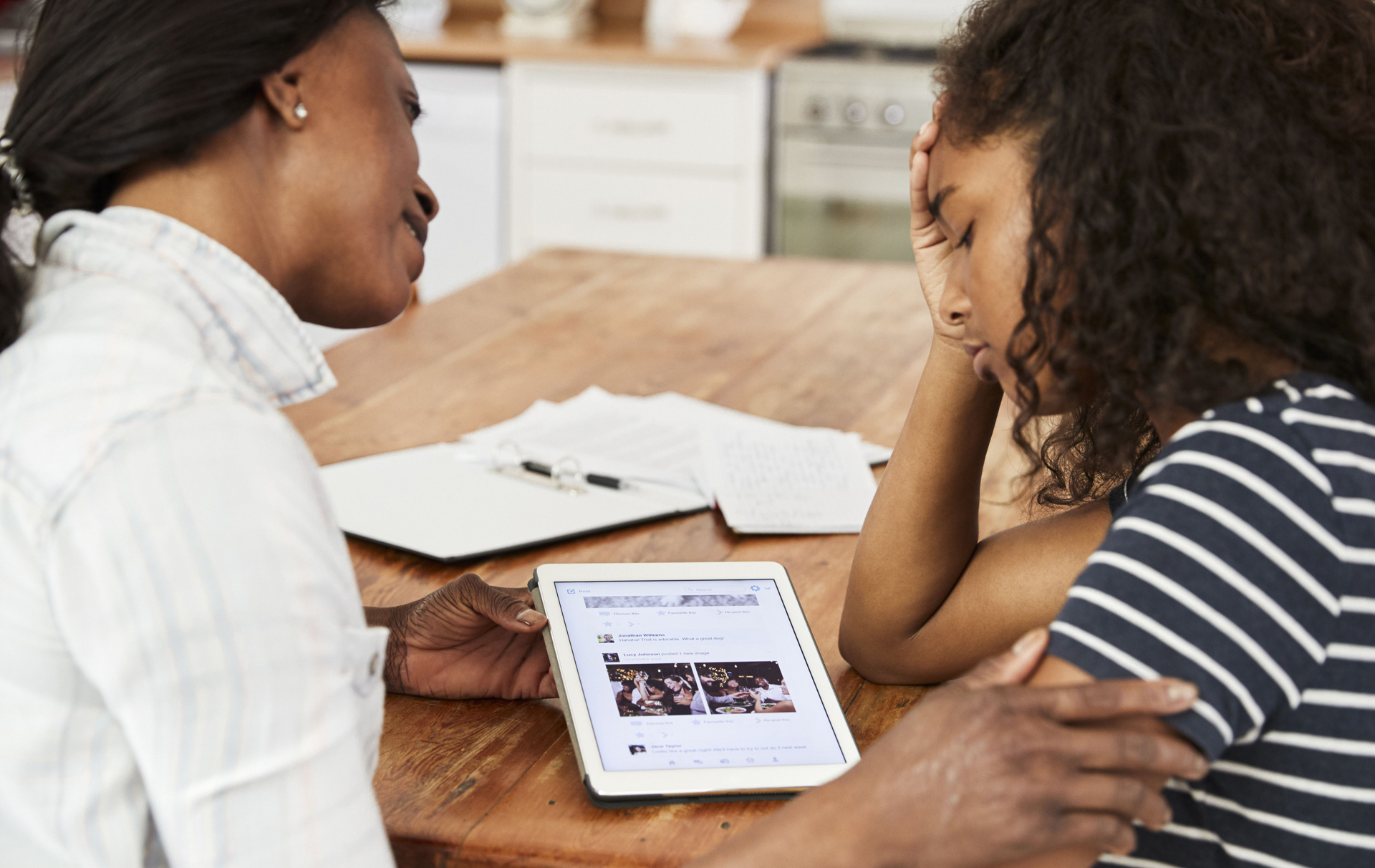
This is because it stops them from learning key problem-solving and life skills – everything from negotiating with teachers and bosses to setting their own alarms and doing the laundry.
Dr. Levine often treats university drop outs who ‘have had to come home because they don’t have the minimal kinds of adult skills that one needs to be in college.’
We know you have your little one’s best interests at heart, but it’s important to remember that sometimes the very best thing you can do for them is to let them learn from their own mistakes.
Samantha is a freelance writer at Goodto who has been with team since 2019. Initially trained in psychology, she specialises in health and wellbeing and has additionally written for magazines such as Women’s Health, Health & Wellbeing, Top Santé, Healthy, Refinery29, Cosmopolitan, Yahoo, CelebsNow, Good Housekeeping and Woman&Home.
-
 The 'incredibly helpful' 30-second rule – liked by nearly 2 million people – that your kid needs to know about
The 'incredibly helpful' 30-second rule – liked by nearly 2 million people – that your kid needs to know aboutThis useful piece of advice is worth remembering for all of us, not just our children
By Adam England
-
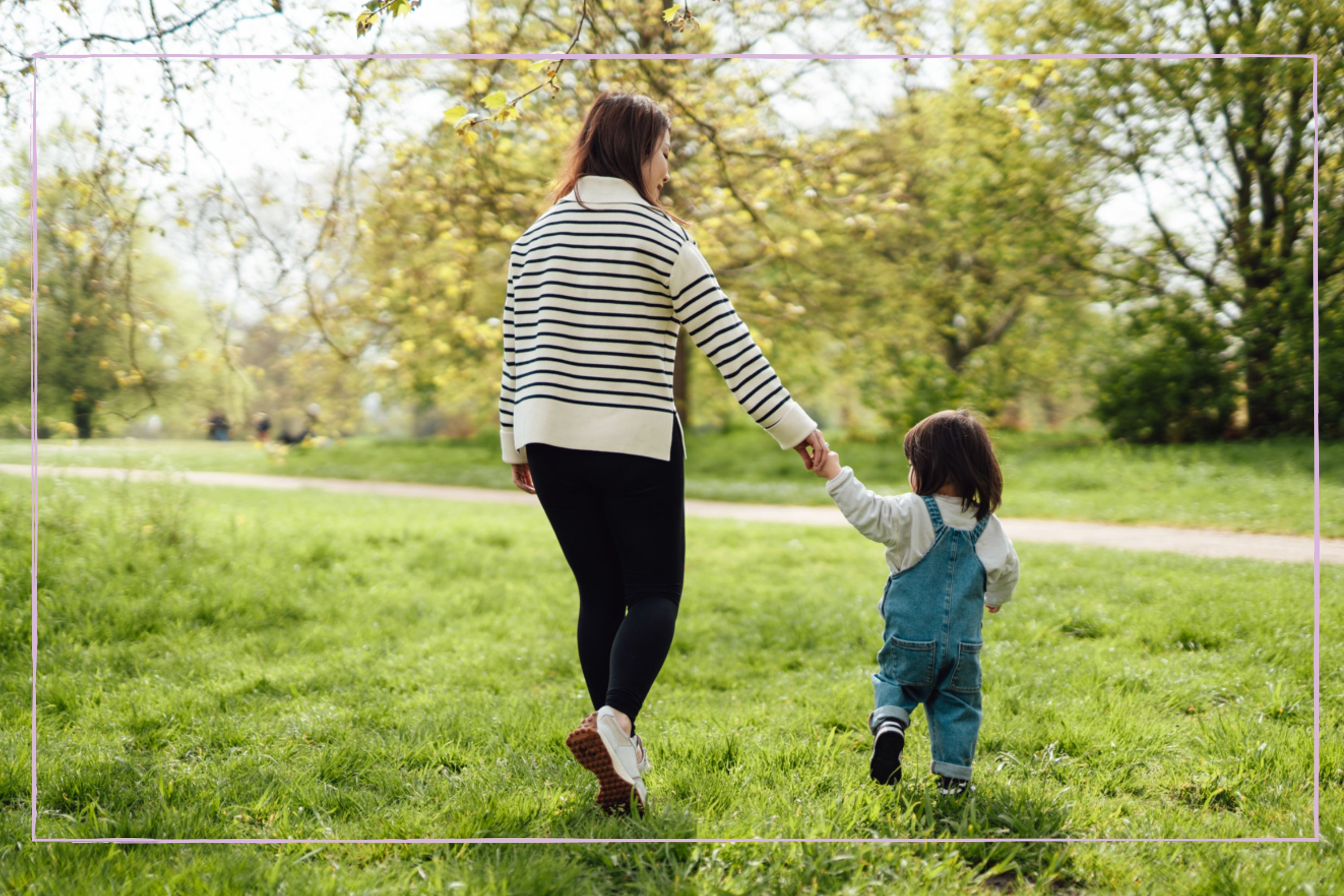 What is ‘sturdy parenting’? Child psychologist Dr Becky explains the benefits of this technique
What is ‘sturdy parenting’? Child psychologist Dr Becky explains the benefits of this techniqueIf you're at a loss when it comes to disciplining your kids, sturdy parenting might help - and it's approved by child psychologist Dr Becky.
By Ellie Hutchings
-
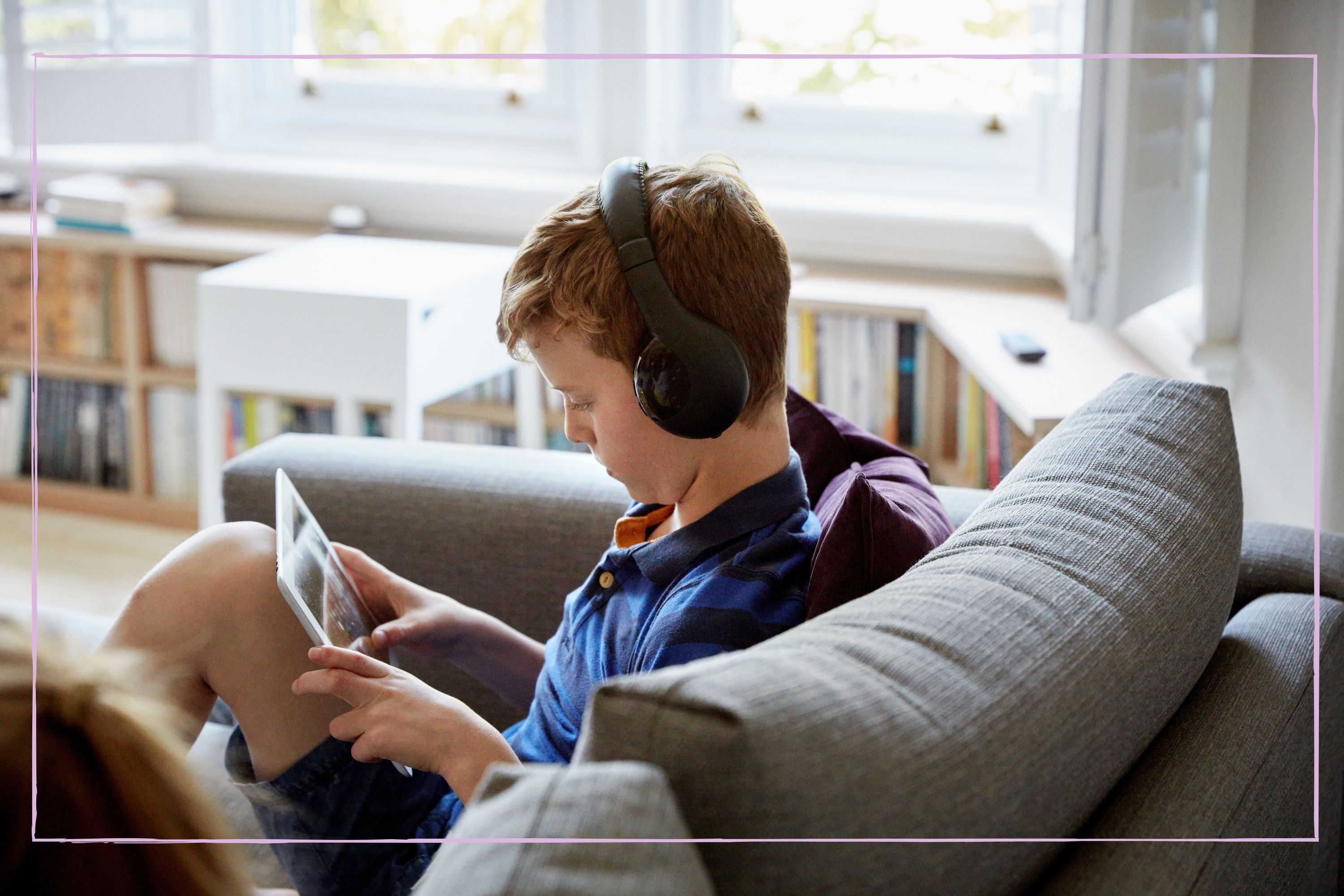 3 tips to set screen time boundaries from parenting experts Dr Becky Kennedy and Professor Emily Oster - and #1 is an important reminder
3 tips to set screen time boundaries from parenting experts Dr Becky Kennedy and Professor Emily Oster - and #1 is an important reminderStruggling to set screen time boundaries with your kids? Parenting experts Dr Becky Kennedy and Professor Emily Oster have shared three top tips.
By Ellie Hutchings
-
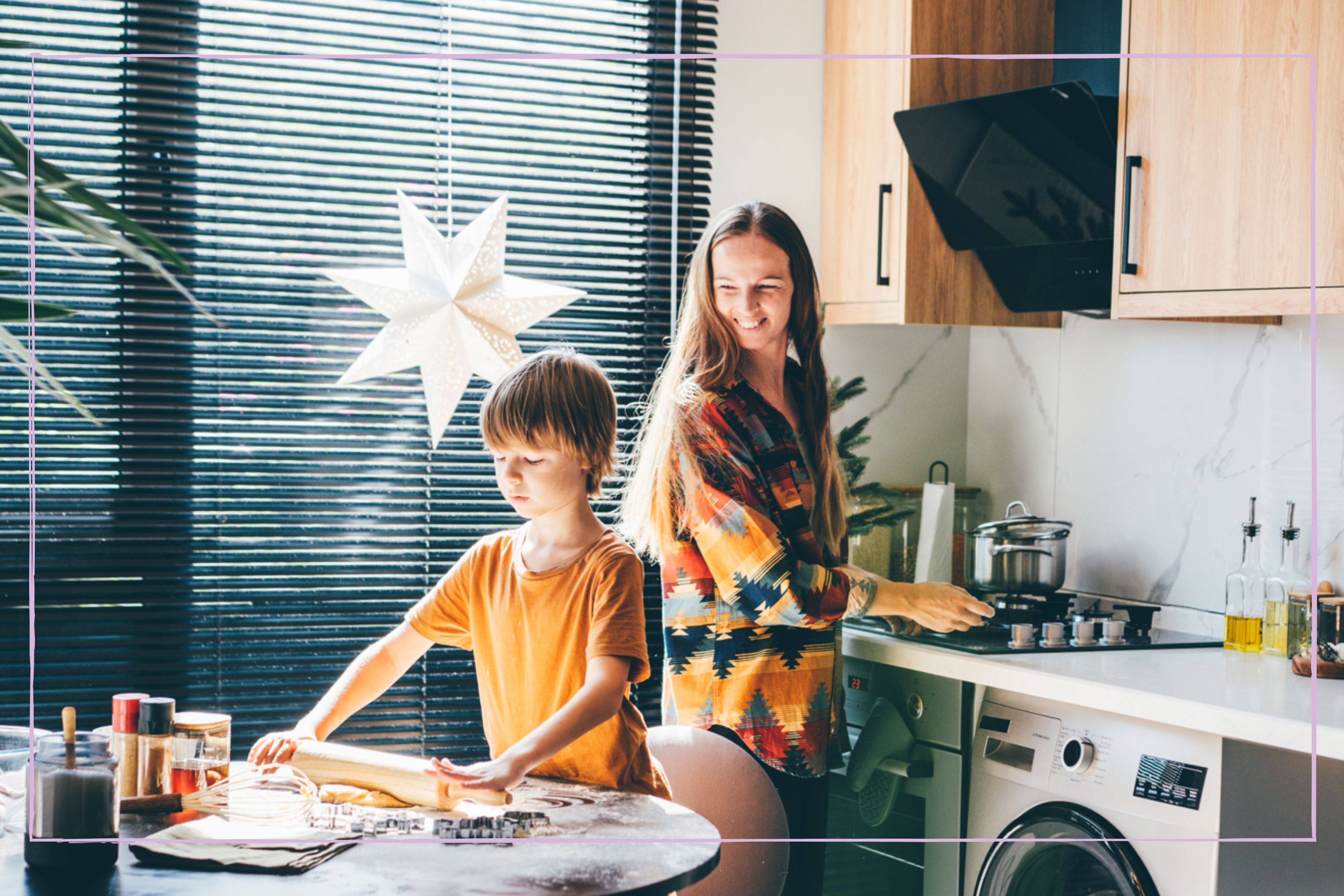 Could 'lazy parenting' be the next big thing? 2 psychologists share why it can be beneficial for development, but not everyone agrees
Could 'lazy parenting' be the next big thing? 2 psychologists share why it can be beneficial for development, but not everyone agrees'We need more lazy parents' and here's why, according to two child psychologists
By Ellie Hutchings
-
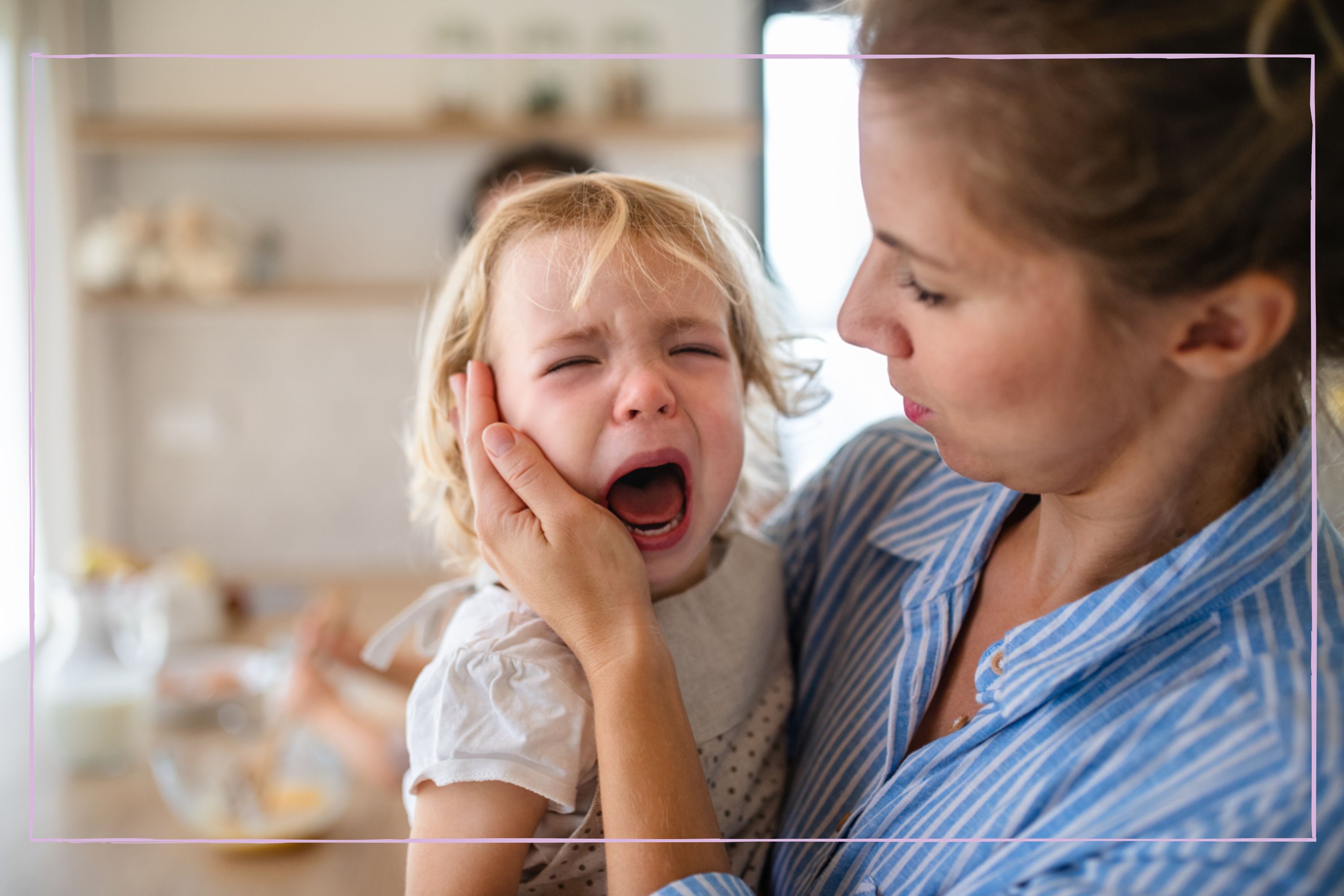 Parents, do you know what H.E.L.P. stands for? Psychologists swear by this acronym to navigate those tough parenting moments we all face
Parents, do you know what H.E.L.P. stands for? Psychologists swear by this acronym to navigate those tough parenting moments we all faceRemember: Halt, Empathy, Limits, Proximity...
By Ellie Hutchings
-
 Sticker charts 'don't work in the long run' says psychotherapist - try these 8 tips to teach kids intrinsic motivation instead
Sticker charts 'don't work in the long run' says psychotherapist - try these 8 tips to teach kids intrinsic motivation insteadOne expert has explained eight things you can do as a parent to help your child develop intrinsic motivation - and it means abandoning the sticker chart.
By Ellie Hutchings
-
 Reflective parenting could help your teenager manage their big emotions, new research shows - here are 5 steps to try
Reflective parenting could help your teenager manage their big emotions, new research shows - here are 5 steps to tryThe teenage years are tough for everyone involved. But research has suggested that an approach known as 'reflective parenting' can be the key to reconnecting.
By Ellie Hutchings
-
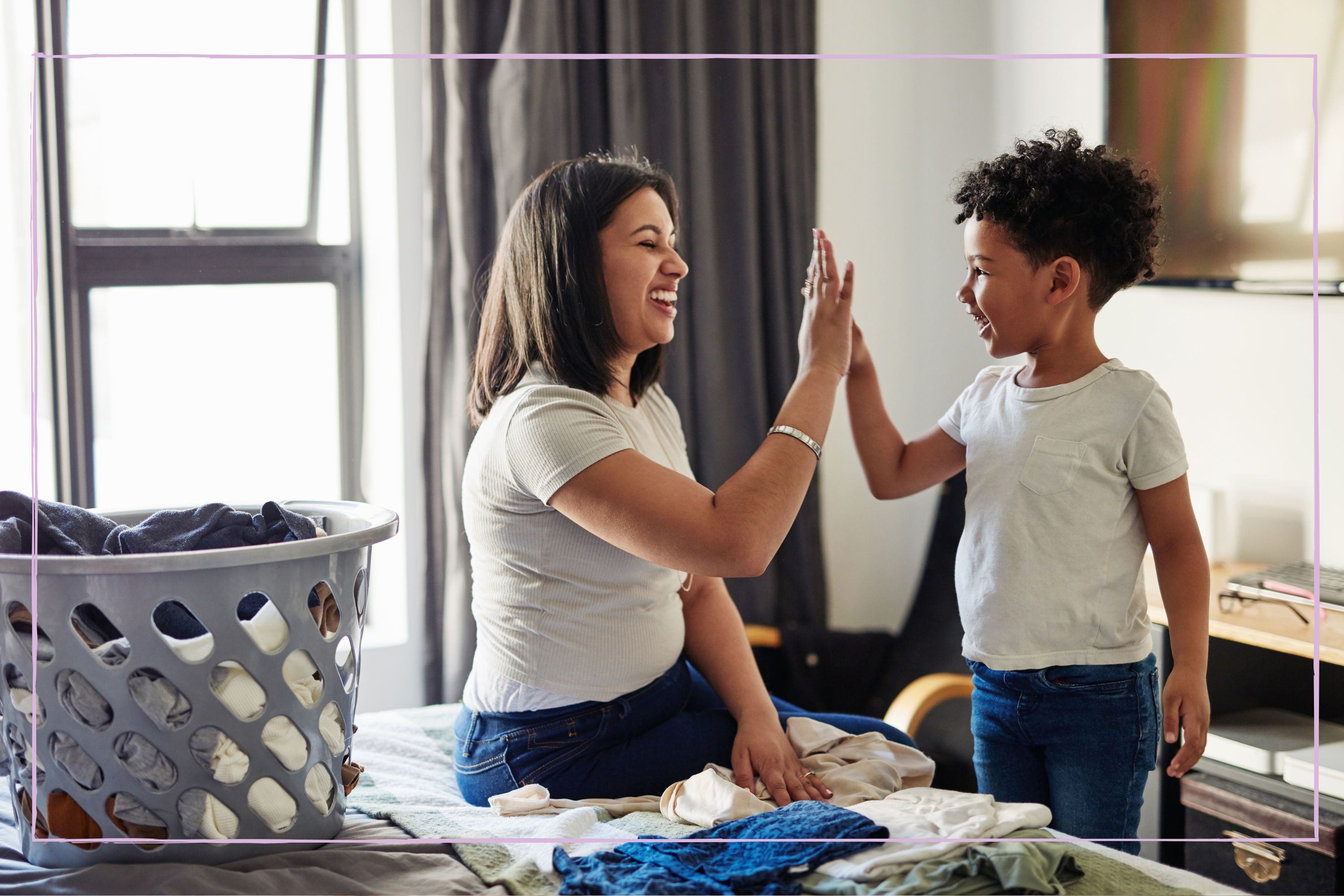 These 5 'game changing' phrases can teach your children about the mental load, according to a psychologist - and it could set them in good stead for adulthood
These 5 'game changing' phrases can teach your children about the mental load, according to a psychologist - and it could set them in good stead for adulthood"Change at home can change society"
By Ellie Hutchings